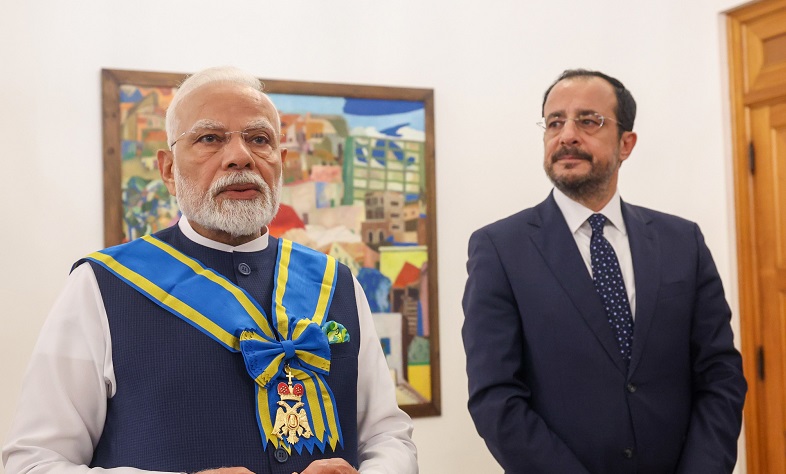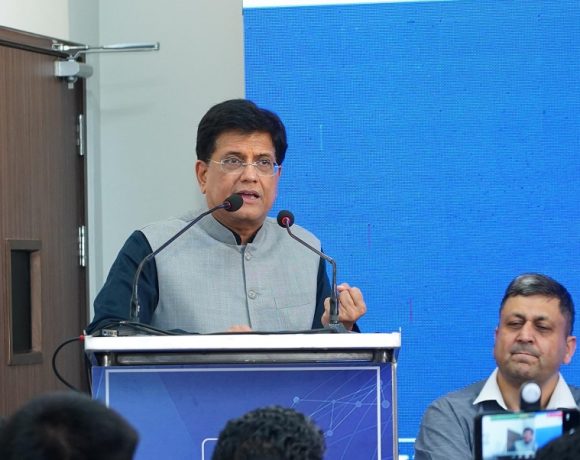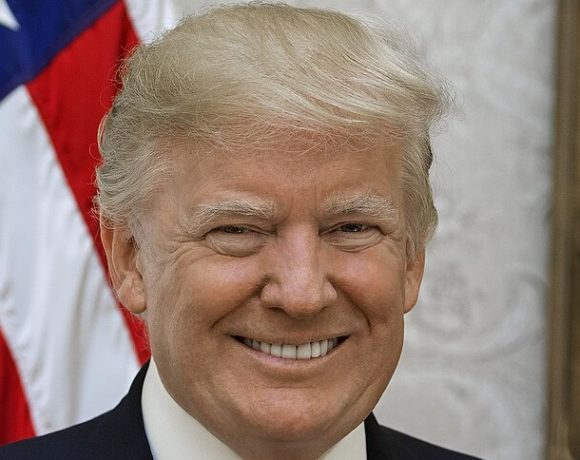
India Signs MoU to Launch UPI Services in Cyprus
India and Cyprus have signed a landmark Memorandum of Understanding (MoU) to introduce the Unified Payments Interface (UPI) in the Mediterranean nation, expanding India’s digital payment footprint into Europe. The agreement was formalized during Prime Minister Narendra Modi’s visit to Limassol, marking the first by an Indian prime minister to Cyprus in over two decades.
The deal, signed between NPCI International Payments Ltd (NIPL) and Eurobank Cyprus, aims to enable real-time, cross-border digital payments using India’s UPI system. It will allow both Indian tourists and Cypriot users to seamlessly conduct transactions through UPI-enabled apps, ensuring quick, low-cost, and secure financial transfers between the two countries.
UPI Cyprus Integration
UPI has already revolutionized domestic digital payments in India, handling billions of transactions monthly. With this new partnership, Cyprus becomes the second European country, after France, to formally initiate UPI adoption. Users in Cyprus will now have the ability to scan UPI QR codes and settle payments directly with Indian bank accounts, enhancing ease of travel and commerce for both nations.
Prime Minister Modi highlighted Cyprus’s strategic role as a “gateway to Europe and the Mediterranean” and emphasized the move as a step forward in India’s expanding digital diplomacy. The initiative is aligned with India’s broader goal of globalizing its fintech innovations and strengthening its role in international financial ecosystems.
Cross-Border Financial Expansion
In parallel with the UPI agreement, India’s NSE International Exchange at GIFT City and the Cyprus Stock Exchange signed a separate MoU to explore cross-border market linkages. This includes collaboration on dual listings, research partnerships, and facilitating investment flows between the two markets.
The MoUs are part of a broader trilateral push under the India–Greece–Cyprus Business and Investment Council, which focuses on enhancing cooperation in digital finance, shipping, logistics, green energy, and information technology.


















